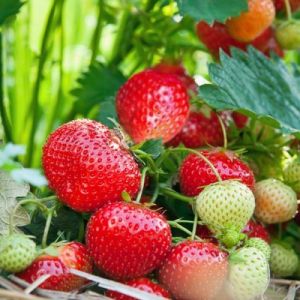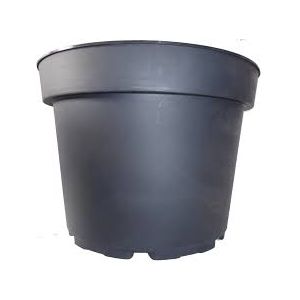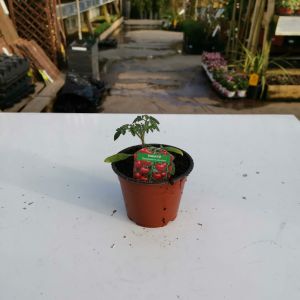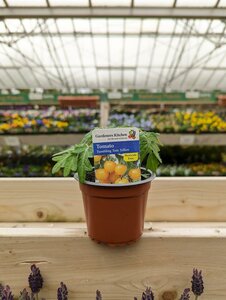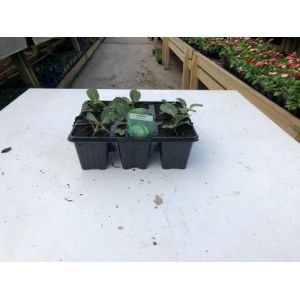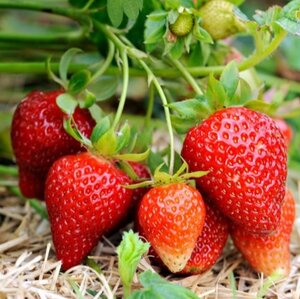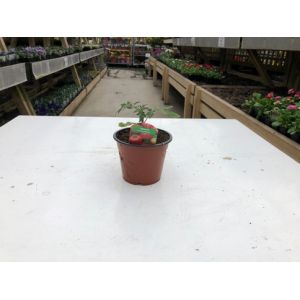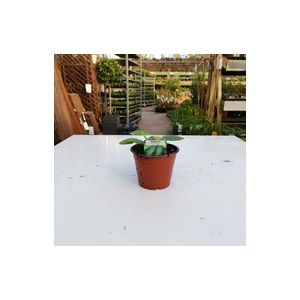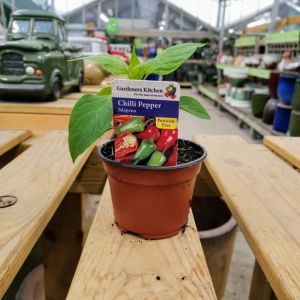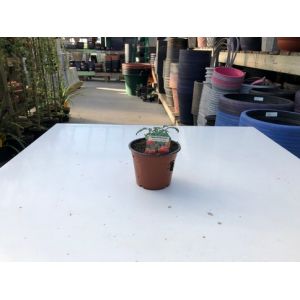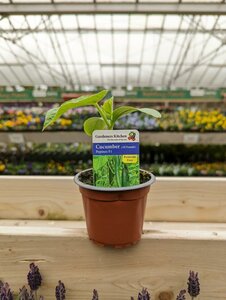Vegetable Plants
Our variety of plants includes your favorite vegetable selections. We provide you with the opportunity to find the veggies that suits your needs when it comes to taste, size and texture preference! We have plug-plants as well as grafted vegetables which are quick and easy to grow in comparison with seedlings like traditional ones. Looking for new veg plants? You can browse our selection here online or pay Horticentre a visit in Overton!
Filter products
Horticentre's tips for vegetable plant care
Healthy, productive vegetable beds starts with the right care. Most vegetable plants thrive in good garden conditions, requiring little more than the right amount of watering and fertilization to grow to their full potential. Planting healthy seeds or seedlings at the right time of year for specific vegetable varieties ensures the best growth and abundant crops. Proper care varies depending on the type of vegetable, so follow the instructions on seed packets carefully and plant labels for each specific vegetable plant. We like to give you some advice per subject to make sure you get to enjoy your own harvest!
Watering your vegetable plants enough and the right way
Regular irrigation is necessary to create strong roots and healthy growth. Most vegetable plants need 1 inch of water from rain or irrigation per week, or enough so the top 6 inches of soil doesn't dry out too much. It's important to water vegetables near the base of the plant.
Watering once or twice weekly is usually enough, although vegetables may require more frequent watering during hot, dry summer weather. Overhead watering results in evaporating water loss and wet foliage, with little water actually penetrating to the root zone.
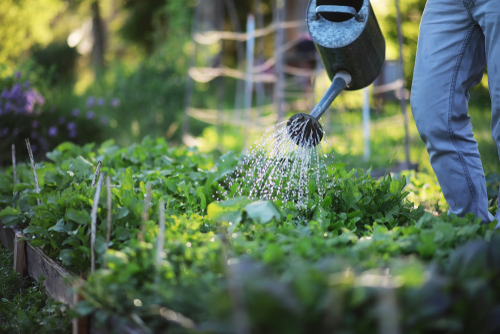
Fertilizing your vegetables plants
Most vegetables require fertilisation prior to being planted. You may provide adequate nutrients for most plants and soil with an application of 1 pound of 16-20-0 fertiliser per 50 square feet. Fertiliser also benefits vegetables after planting. Provide 1 1/2 pounds per 50 square feet halfway through the growing season or when plants begin to fruit, and then spread the fertiliser six inches from the base of the plants and thoroughly water them so that the nutrients are absorbed into the soil.
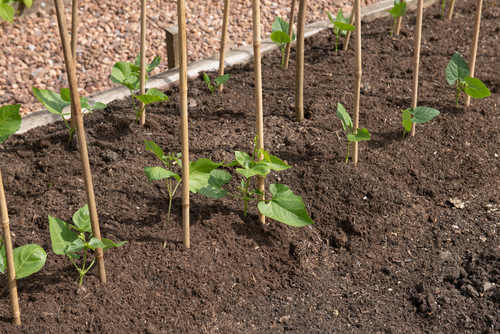
Support your vegetable plants when necessary
Cages and stakes are effective at supporting upright, sprawling vegetable plants like tomatoes, whereas climbing vines like beans require a trellis.
- Install supports before or immediately after planting.
- Vining plants usually self-traverse their support and rarely require tying.
- A staked plant's main stem should be tied to the stake at 8-inch intervals for proper support.
Weeding is important to keep your vegetable plants healthy
Weed control is vital in preventing vegetable plants from being out competed for nutrients, light, and water. Remove weeds from garden beds weekly to prevent them from establishing deep roots in the soil. A hoe can be used between the vegetable rows to uproot young weeds and prevent them from establishing. A 2-inch layer of straw mulch or plastic mulch prevents most weeds from growing. Mulch minimizes moisture evaporation, which reduces watering needs and the risk of drought stress.
Shop vegetable plants at Horticentre
Browse our webshop to find a wide selection of healthy, ready-to-plant vegetables ranging from classic favourites like tomatoes and carrots to exotic varieties perfect for expanding your culinary horizons. Each plant comes with detailed care instructions to help you achieve the best harvest. If you prefer a more tactile shopping experience or want to explore our complete range, visit us in Overton where our expert staff are on hand to assist you in choosing the perfect plants for your garden's conditions and your culinary needs. Whether online or in-store, we're here to help you cultivate a thriving vegetable garden that brings fresh and flavourful produce straight to your table.

